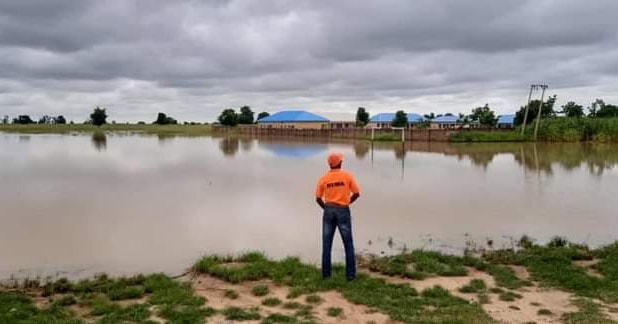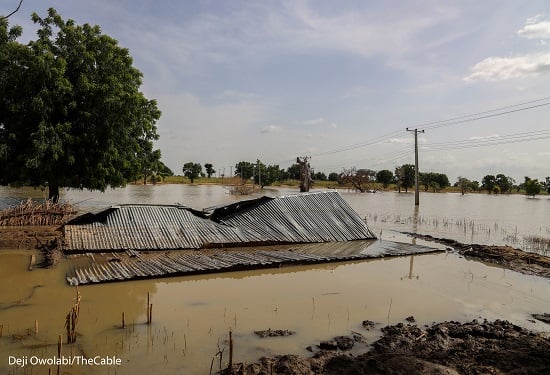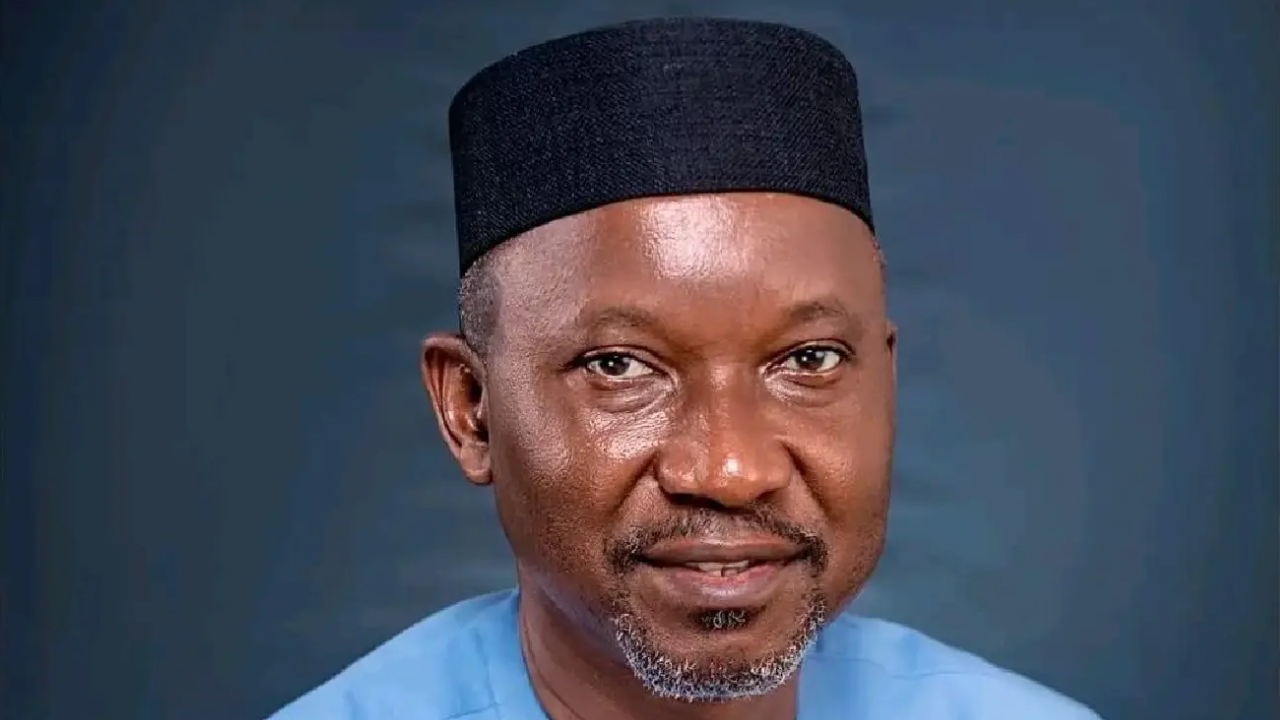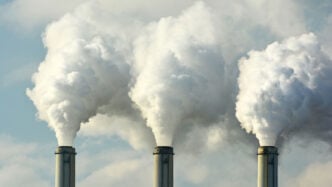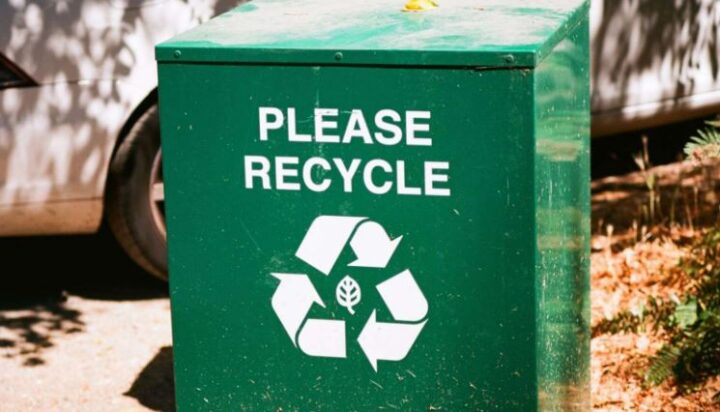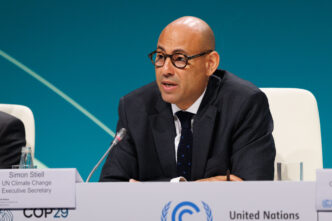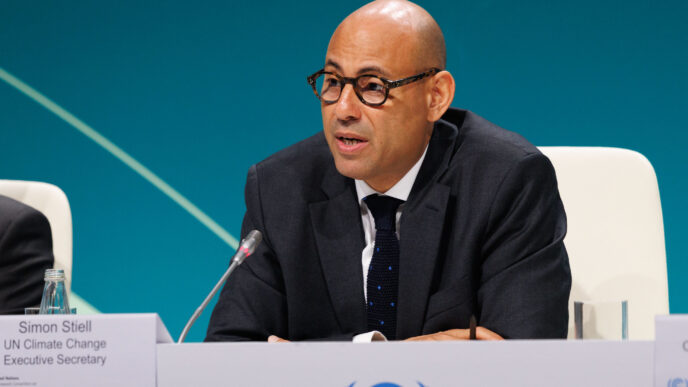File photo of a flooded community in Bauchi
Climate change directly affects our communities, health, and livelihoods.
Yet, media coverage often prioritises politics and business over climate-related stories, leaving crucial environment news under-reported.
Climate Watch seeks to bridge this information gap, ensuring that important climate change stories and mitigation efforts stay on your radar.
Here is a round-up of last week’s climate stories:
Advertisement
- The Bauchi state government has taken proactive steps to mitigate the impact of flooding ahead of the rainy season.
Hajara Wanka, commissioner for humanitarian affairs and disaster management, spoke on February 19, at a stakeholders’ meeting. Themed ‘Building Resilience and Collaborative Solutions for Flood-Affected Communities’, the meeting focused on crafting sustainable strategies for flood prevention and mitigation.Wanka harped on the urgency of addressing the recurring flood crisis in the state, citing the devastating effects of the 2024 floods.“Flooding is one of the most recurrent and devastating natural disasters affecting our communities and Bauchi state was the second most hit state in Nigeria after Borno in 2024,” Wanka said.
“Many lives were lost, livelihoods destroyed, and significant challenges were posed to our socio-economic development as a result of the flood in 2024.
Advertisement“However, today’s engagement is not just about acknowledging the challenges; it is about forging a path forward. A path that prioritises sustainability, collaboration and community-driven solutions.”
Also speaking at the event, Adamu Neyola, director of relief and rehabilitation at the Bauchi State Emergency Management Agency (SEMA), noted that last year’s floods affected 16 local government areas (LGAs) in the state.
Neyola said the meeting aimed to reassess the impact of previous floods and identify areas that were not adequately covered during initial assessments.
“We are also here to hear the depth, density and severity of flood disasters that happened in those areas,” Neyola said.
Advertisement“This will help us to mitigate, restore, and at least recover from what we lost last year.
“This disaster affects the community people, and they are the ones that know what is happening, like the causes and impacts of this flood disaster in their areas.”
- President Bola Tinubu has reaffirmed his administration’s commitment to safeguarding the environment and implementing policies that promote public health. Speaking at the maiden edition of the National Environment Health Excellence Awards (NEHEA) on February 18, Tinubu highlighted the need for collaboration in tackling environmental challenges. The president, represented by George Akume, secretary to the government of the federation, noted that climate change, environmental degradation, and emerging health risks require urgent and sustained attention. Read more here.
-
The Nigerian Meteorological Agency (NiMet) has predicted a prolonged heatwave across the country in the coming days. In its weather outlook released on February 19, the agency said maximum temperature reports across the country were mostly between 38 – 40℃. NiMet said air temperatures are expected to stay within this band and rise slightly in some locations. Find out more here.
- The European parliament and council have reached a provisional agreement on new measures to reduce food and textile waste across the European Union (EU). On February 18, the parliament and council introduced binding targets and extended producer responsibility (EPR) schemes for EU countries. Negotiators agreed that member states must meet national food waste reduction targets by December 31, 2030. Find out more here.
Add a comment
